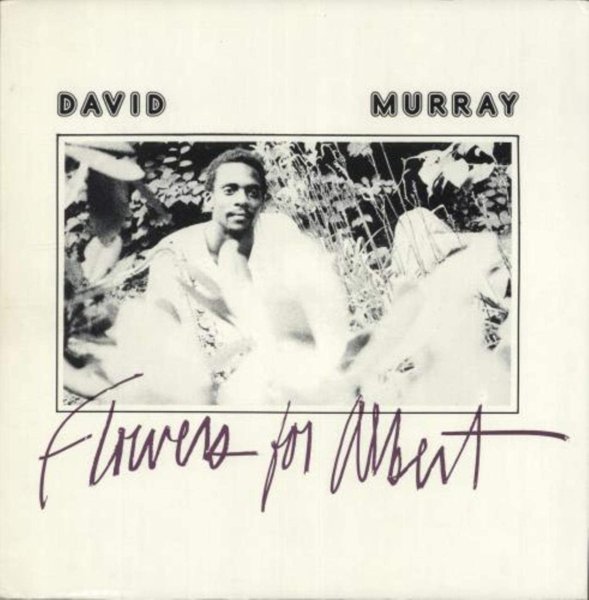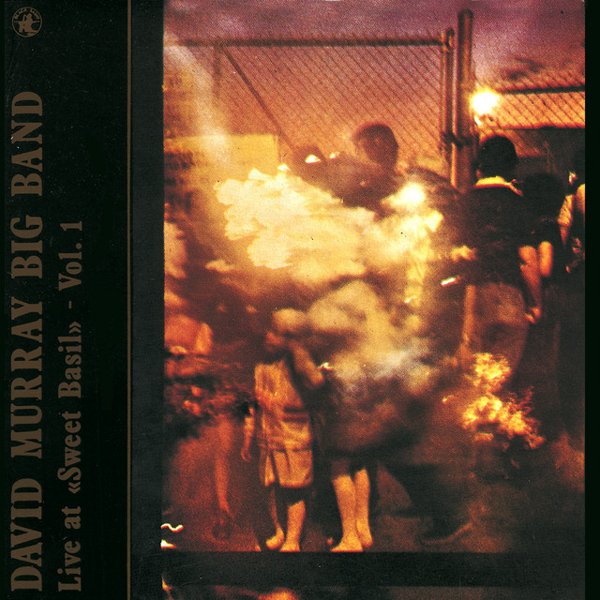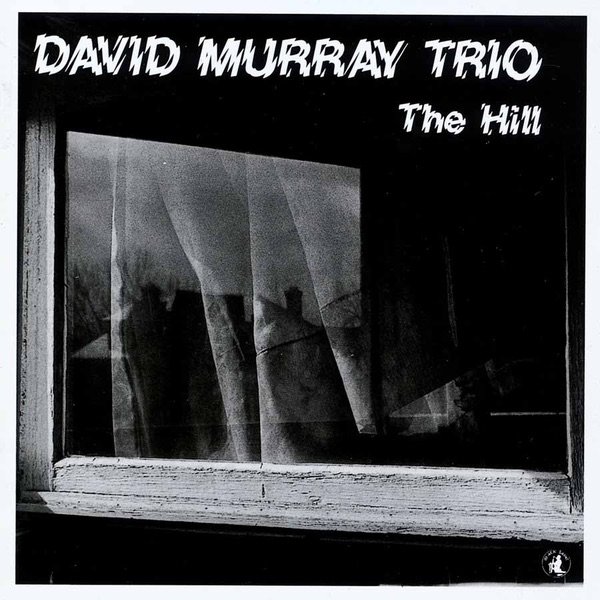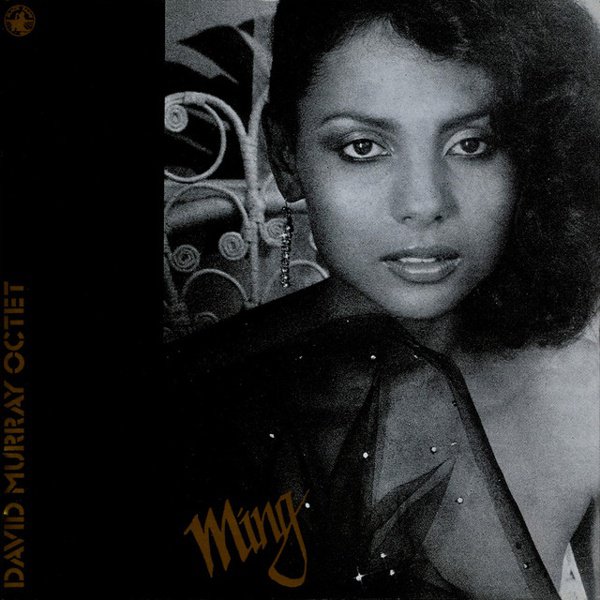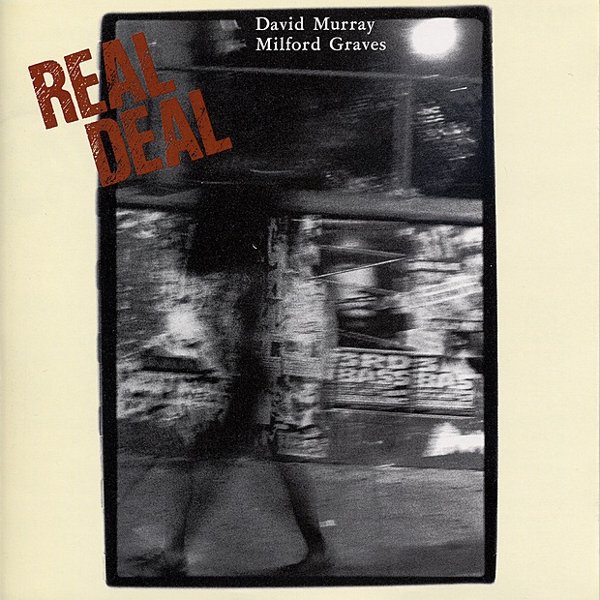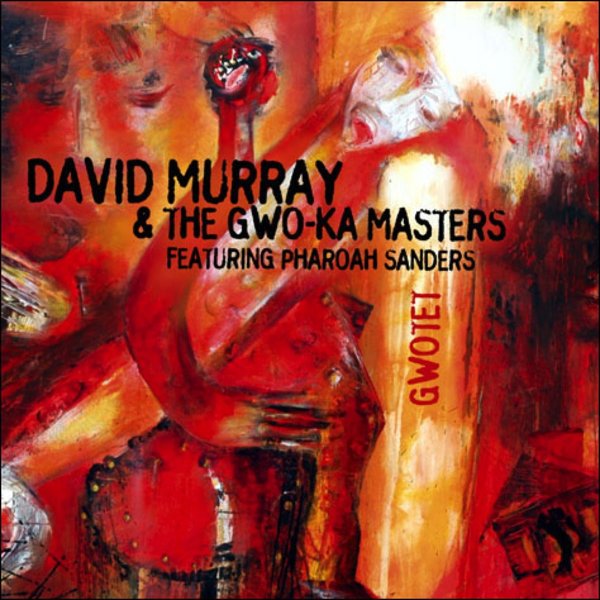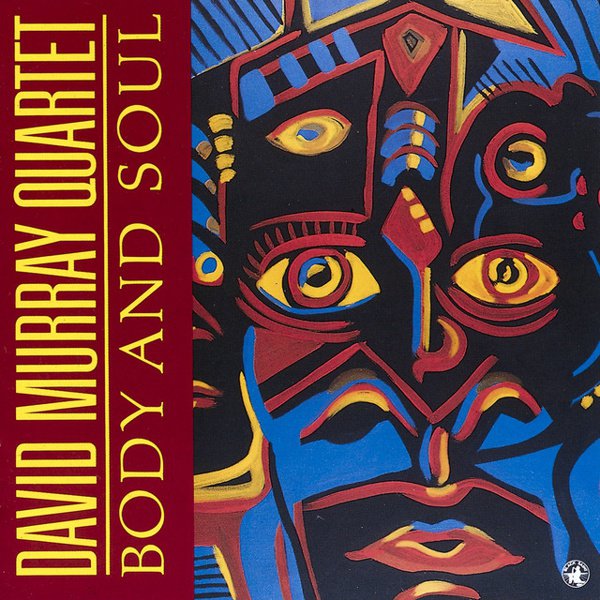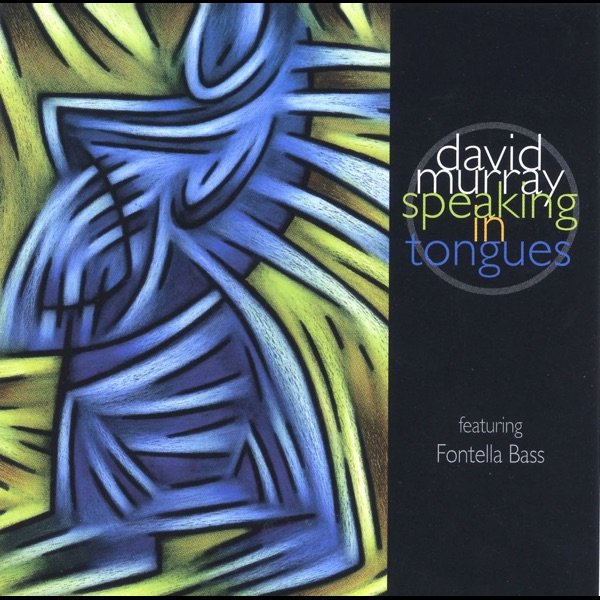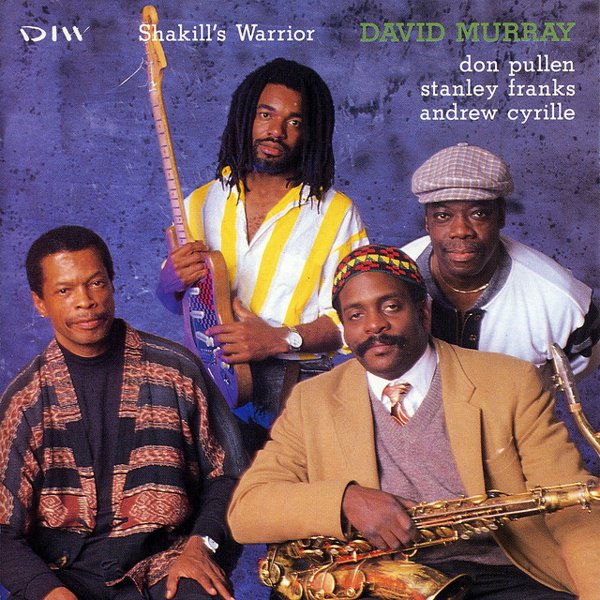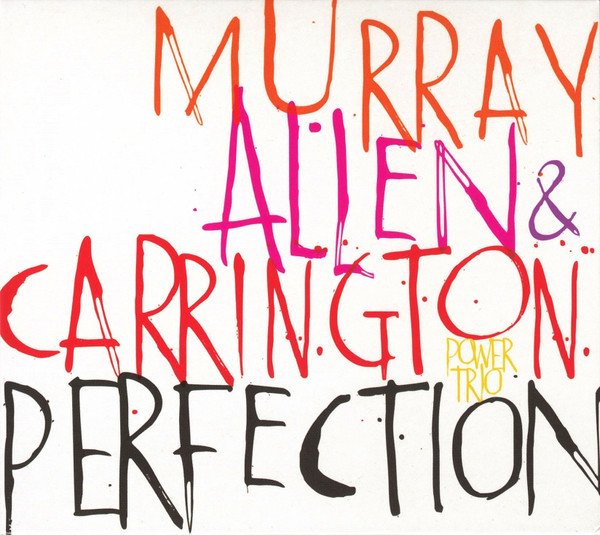Tenor saxophonist David Murray was born in Oakland, California in 1955. He grew up in the Pentecostal church, playing gospel. He started out on alto before switching to the tenor, and shifted from R&B to jazz at Pomona College, where he studied with Arthur Blythe and connected with poet, jazz critic and wannabe drummer Stanley Crouch. When Crouch left California for New York, Murray followed, and the two played together in the loft scene.
Murray was an almost instant sensation. Though he understood the language of free jazz, and could blow as forcefully as anyone around, he was not part of the post-John Coltrane lineage. Instead, he took inspiration from the church (which manifested in an almost Albert Ayler-esque intensity) and from swing-era players like Coleman Hawkins and Ben Webster, which gave his ballads a roundness and heft. He made important connections quickly, working with Art Ensemble of Chicago trumpeter Lester Bowie on Live At The Lower Manhattan Ocean Club and forming the World Saxophone Quartet with Julius Hemphill, Oliver Lake and Hamiet Bluiett. He also joined forces with guitarist James “Blood” Ulmer and drummer Ronald Shannon Jackson in the Music Revelation Ensemble.
Murray has been astonishingly prolific; he’s made literally hundreds of albums for a vast number of labels, including India Navigation, Black Saint, and Justin Time. His longest-running professional association was with the Japanese DIW label, for whom he recorded over 30 times in the ’80s and ’90s.
Unlike many tenor saxophonists, he never touches the soprano, though he has recorded often on the bass clarinet, including the self-explanatory Ballads For Bass Clarinet, from 1991. Although he has some favorite sidemen, like pianist John Hicks and bassist Fred Hopkins, he tends to change personnel on virtually every album, heading into the studio with a concept, exploring it to his satisfaction, then moving on. (One notable exception came in 1988, when he recorded five albums — Lovers, Deep River, Ballads, Spirituals, and Tenors — with the same group: Dave Burrell on piano, Hopkins on bass, and Ralph Peterson on drums.)
Given his nature as a conceptualist, it’s no surprise that many of Murray’s best albums arise out of his exploration of archetypal jazz forms or ensembles. His 1991 release Shakill’s Warrior featured a funky organ quartet; his long-running octet (five horns plus rhythm) made its debut with 1980’s brilliant Ming and has reappeared from time to time ever since. He also formed a big band that year, which made two solid records before disbanding. (A decade later, he assembled a different Latin Big Band for one album.) He has explored gospel and the blues, and the musical traditions of Cuba, Senegal and Guadeloupe; recorded duos with several notable pianists, including Randy Weston, Dave Burrell, Mal Waldron, John Hicks and Aki Takase; and made multiple solo albums. He’s slowed his pace in recent years and settled into elder statesman status, but his catalog is deep enough by now that listening to it all could be a scholar’s lifetime project.

